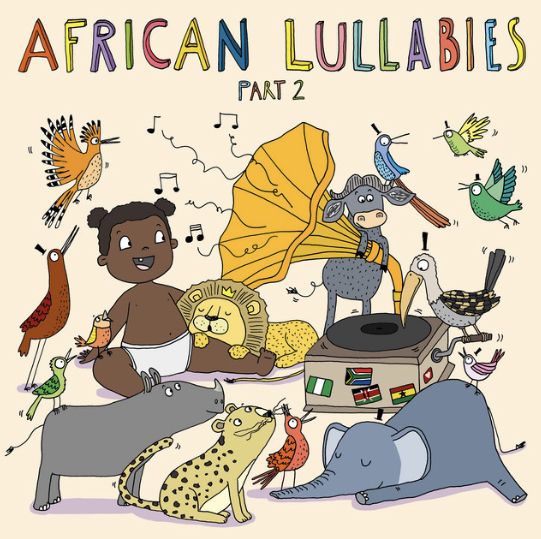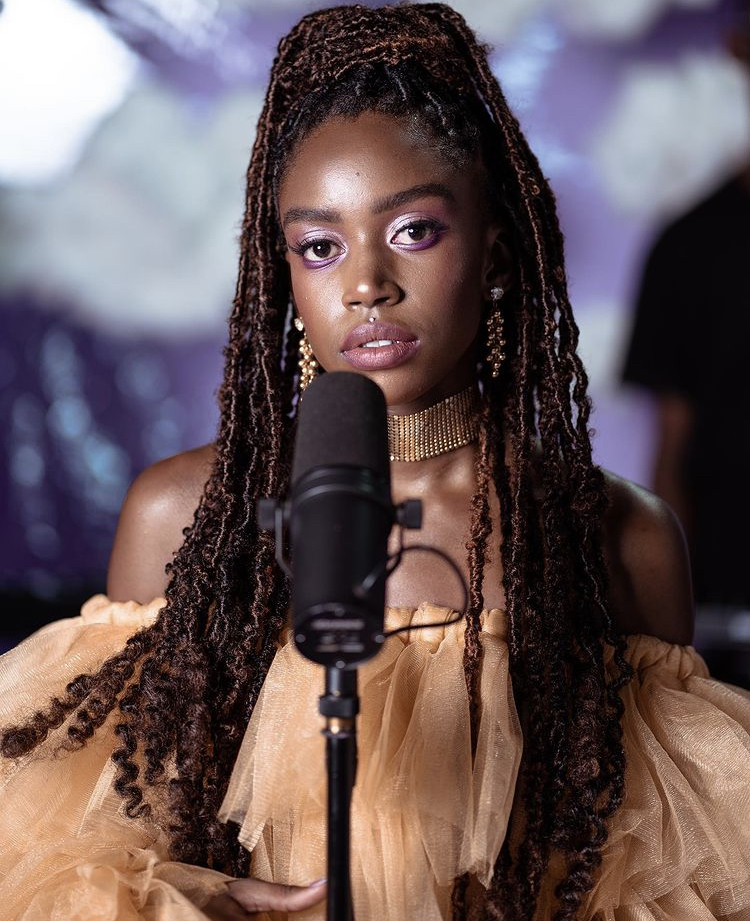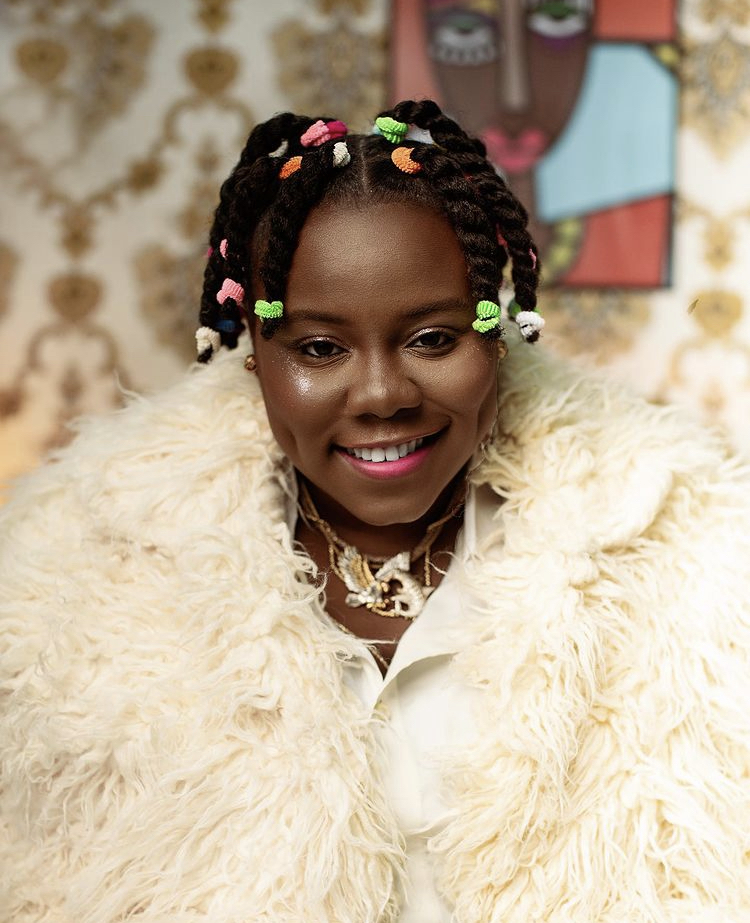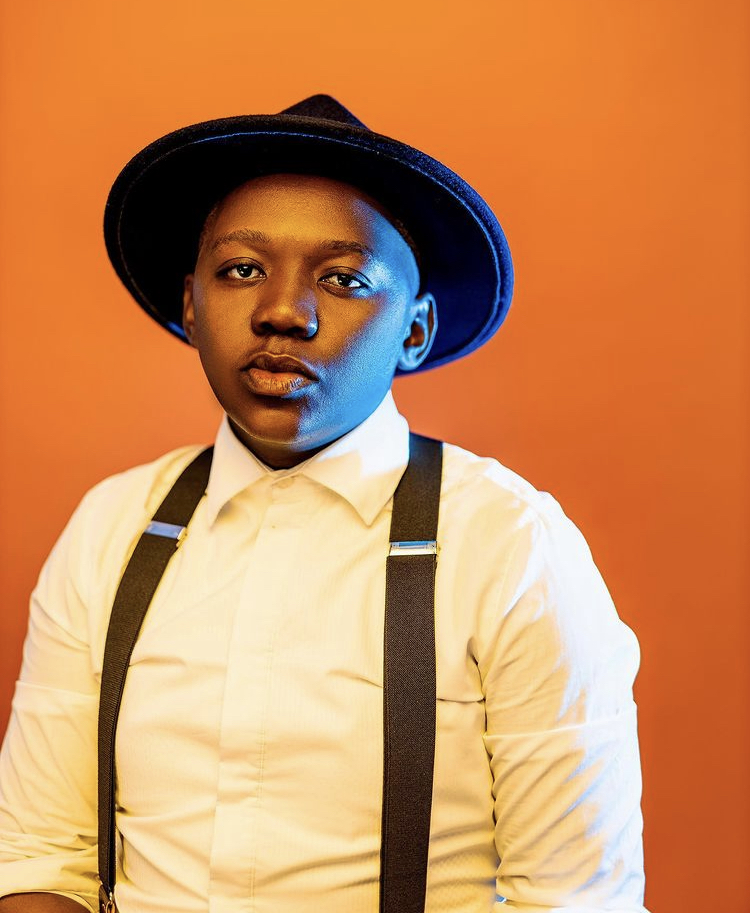
Cradle Songs and Little People: Exploring the African Lullabies Project

‘’Hello little one, it’s bedtime and I hope you’re ready to sleep well,” reads the first line of the Album “African lullabies- Pt.2”. My grandmother sang lullabies to me. I was told stories, folklores; that bodied ancestral joys, groaning, pain, and peace. These stories and songs encapsulated our own cultures and unique history. This is the very essence of The African lullabies-part 2; a sensational body of work, creating indigenous music content for African children.
This is a follow-up album to the first part of the African Lullabies, which featured strong South African voices like Manana, Aymos, Ntsika, Nohbule, and TRESOR, amongst others.


A year later, Platoon, Apple music’s distribution, and A&R arm created a second part to the project, bringing on the finest Nigerian and Ghanaian acts like Asa, Ayra Starr, Teni, Wurld, Simi, and Psalms of Suli to infuse the beauty of West African culture into the lullabies. At the same time, the project features returning acts from the first installment like Aymos, TRESOR, Manana, and Ntsika.
This album marks yet another cultural moment, for African creatives, children, and individuals in celebrating Africa Month. For some Africans, lullabies almost seem foreign. But long before our indoctrination into western culture, our ancestors sang lullabies and told native stories to their children, that passed through generations, about our culture, our struggles, values, and history.


Sadly, a lot of this was mostly lost in time because they were not documented. Thankfully, projects like this give us a chance to create new traditions and make new history.
The second part of the project tells a detailed story of culture and history from across Africa.
A strong recital by Psalms of Suli from Ghana introduces the album. Followed by an inspirational sound medley by Teni called “One day”. The album stays true to its “children-centric vibe” with short verses, catchy choruses, and easy, simple language. Simi delivers a cover for the classic Nigerian Mother’s day ode, “Iya ni wura”. Next, Karun’s “Dream lullaby (Wakariru)” takes us on a soulful journey, with riffs and soothing/comforting words. TRESOR’s “La Vie Est Belle” loosely translated as life is beautiful conveys a powerful message with sound, symphony, and vibrations.
Nigeria’s Olayinka Ehi, takes us through a love profession, “sweet one,” followed by Asa’s “little darling,” a reassuring number on parental love. Ayra Starr’s rendition of “Stars” leaves you exhilarated and full of hope.


South Africa’s Aymos delivers a simple sing-along in “Lullaby song.” The song serves as a passage into the next line-up of songs.
Ntsika’s “Busuku Benzolo” loosely translated as “Goodnight” in Xhosa, is slower, with a steadier tempo, symbolizing nighttime. The album tells a complete story, so Wurld’s “Never alone” is a reassuring tune, perhaps for kids who are afraid of the night. The very last number is Manana’s “In the morning” almost a continuation of “Little one”, the very first song.
The album tells a story of a cycle, from dawn to dusk. The impeccable songwriting and storytelling bares the very essence of African folklore, and its ability to transcend seasons, people, and generations.
For the artists, the songs have personal meanings and messages as well.

Speaking to Musicafrica, Ayra Starr said “My aunt is my world and she just gave birth three months ago. I made the song just before she gave birth, so it was kind of like making a song for my niece. When I started making the song, I wanted to make something that my younger self would be so proud of. It’s important for more African lullabies to be made because African children need more representation. We didn’t see a lot of that growing up, there weren’t a lot of black dolls and I didn’t get to see a lot of that growing up. I think that African lullabies will inspire children in different ways.”
Stream African Lullabies Pt.2 here.